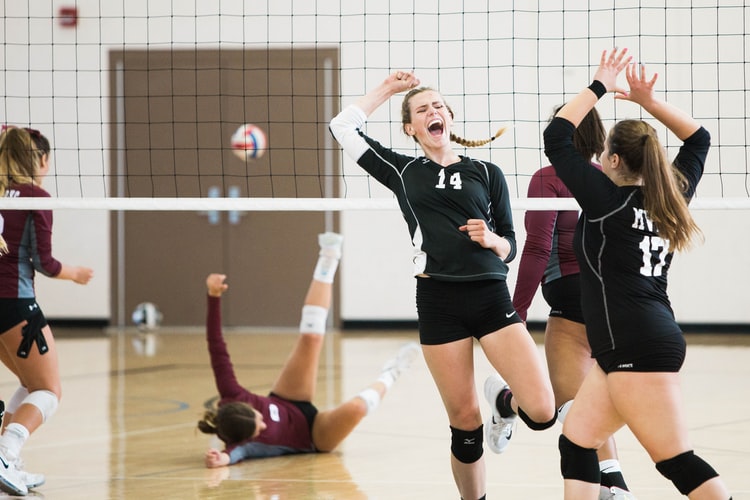A sports career is assumed to be full of fame glory, but people often forget the amount of dedication and diligence that it demands. If you want to become a pro athlete, a sports scholarship from a renowned college can often be the best option.
Of course, college sports are highly competitive and the recruitment process can be difficult if you are unaware of how it works. There are also various recruitment rules that have to be followed.
If you are a prospective student athlete looking for some advice on how sports recruiting works for colleges, you have come to the right place. Read on to understand this competitive college recruiting process.

Sports Recruiting Overview
College sports recruitment plays an important role in grooming and training a prospective student athlete into becoming a future Olympian.
Coaches will identify potential student athletes, evaluate them and ultimately make a call on the offer.
So, if you are looking to get noticed and be recruited for a college soon, take a look at the below steps.
How Sports Recruiting Works for Colleges
Generate Interest
Coaches are always on the lookout for talent. When recruiting someone, they look for sports rankings, height/weight, and personal bests through their database or from the students who have contacted them.
The initial list of athletes can include up to 5,000 prospective students.
Be sure to take the time to go through every letter/invite you get from colleges before responding to them. Also, ensure that you email the coach and complete the recruiting questionnaire as soon as possible.
Initial Evaluations
After the program shortlists the recruits, they will try to determine your potential as an athlete. This might mean that they will watch match highlights or look at your training videos to get a sense of your talent.
Many large programs make initial evaluations of more than 1,000 athletes and take in consideration of their academic eligibility as well.
Organizing all your athletic and academic records in a clear format can help you stand out. Don’t forget to attach your training videos, match highlights, results, and academic information so that it is all in one place.
Secondary Evaluations
After coaches have gone through your profile, they may show active interest in you.
Secondary evaluations are mostly character evaluations rather than assessing your academic or athletic ability. You should treat this as a good sign, as large colleges look at around 100-500 recruits during this stage.
Try to find out more about the program first, so that you are aware of what you are getting into. Ensure that you keep the coach in the loop about your progress.
Ask them questions about the program and find out their expectations of you, so that you feel fully prepared if you are selected.
Offers
After the evaluation stage, coaches start to send out offers. Some coaches also put time limits on offers, which can put you and your family under stress if you are not prepared.
There isn’t a lot you can do during this stage. By now, you would have already put in a lot of hard work.
If you receive an offer, be sure to do some final research before accepting.
Signing
Coaches are going to continue evaluating you from the time you apply. Some recruits do get into trouble and lose their scholarships, so be sure to be on your best behaviour throughout the process.
Staying out of trouble and studying, can help you secure the scholarship.

The Bottom Line
Lastly, before you make any final decisions, review the list of NCAA schools to find the best college for you.







